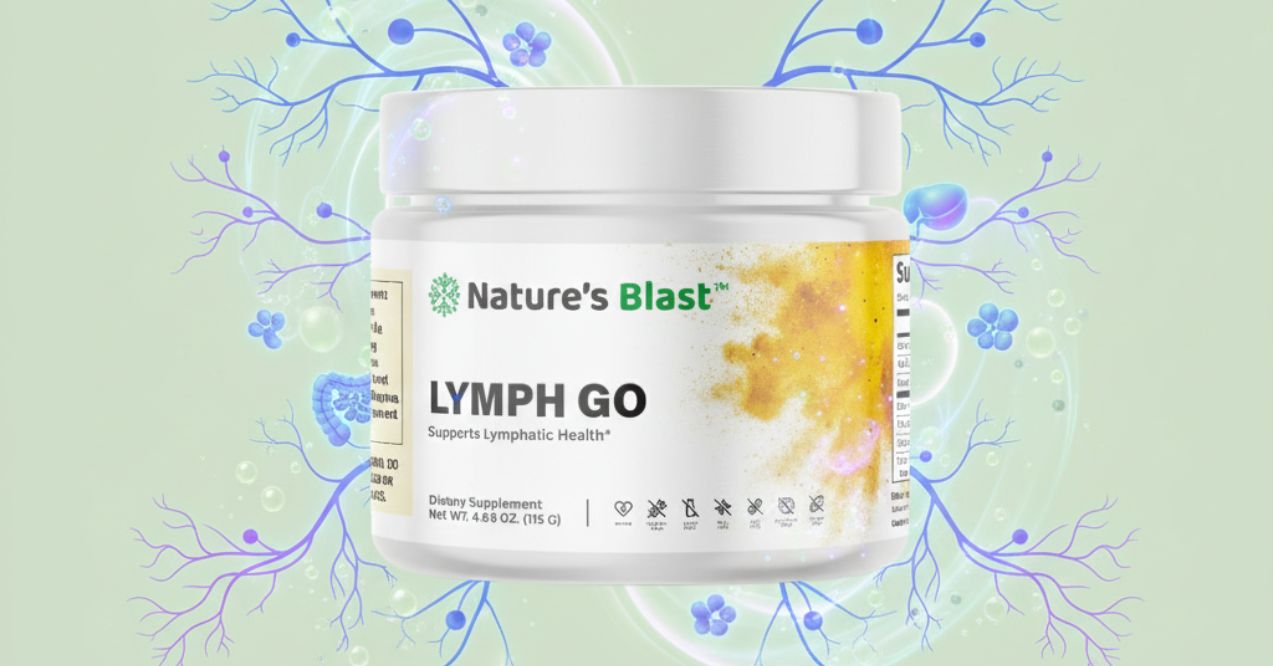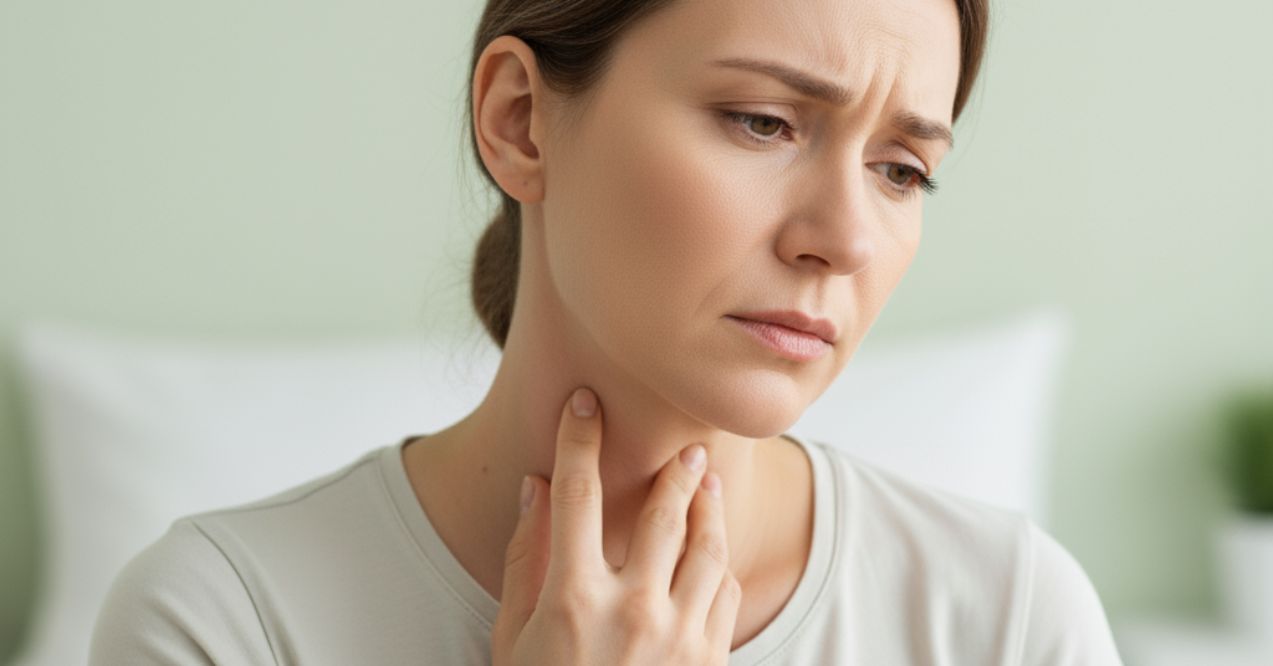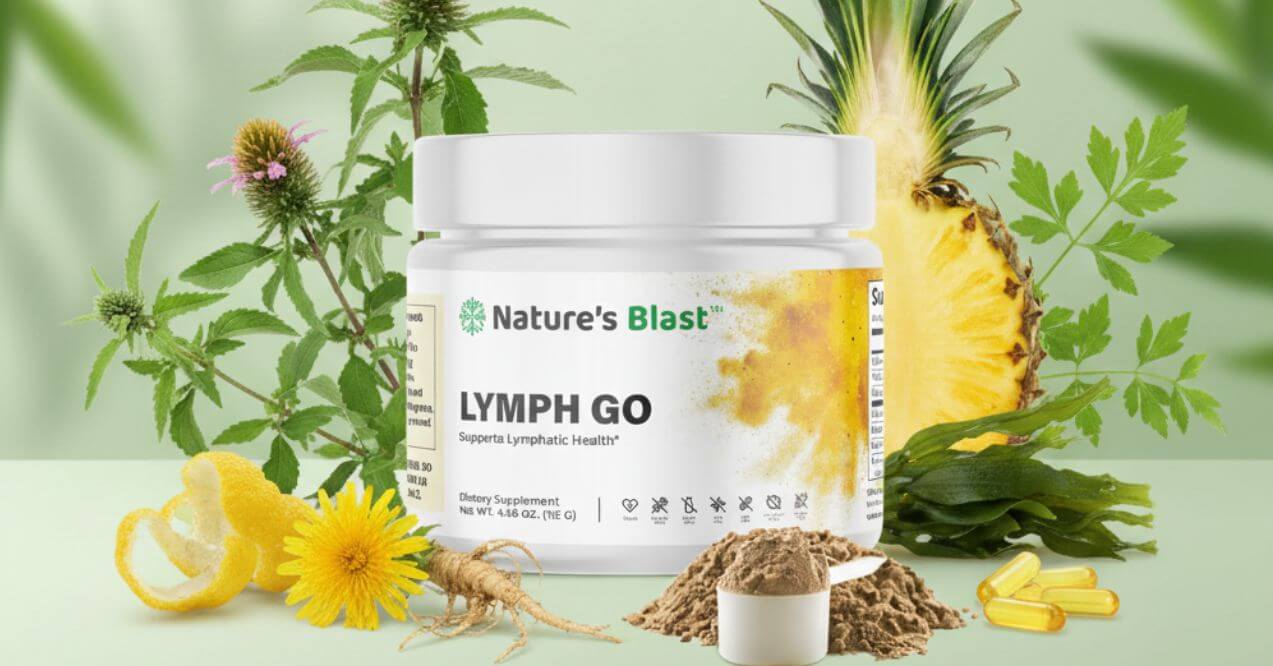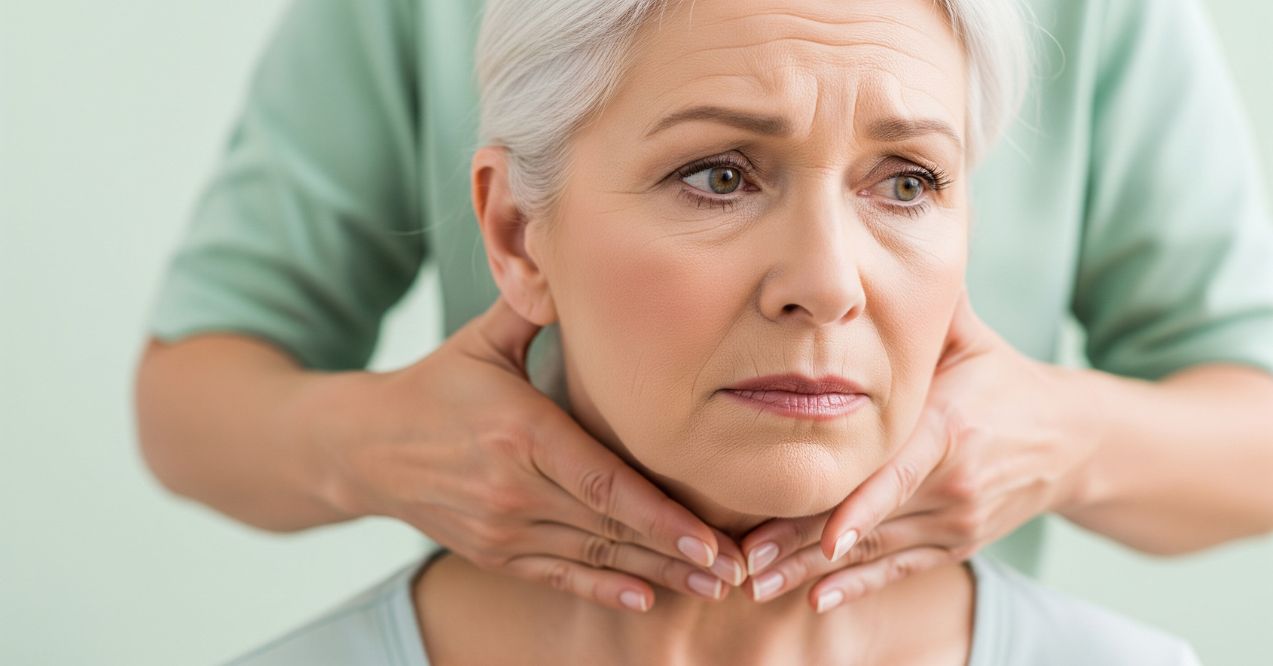Can Allergies Cause Swollen Lymph Nodes? What You Need to Know
Medically reviewed by our experts
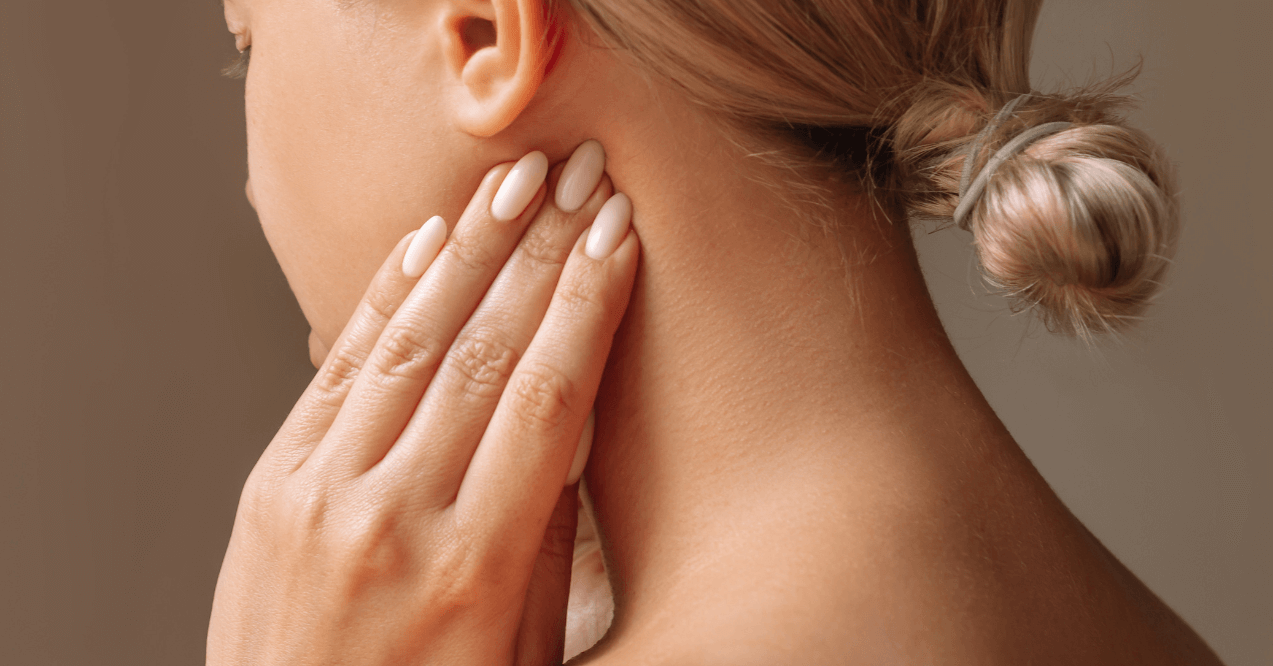

Seasonal sniffles often bring more than sneezing and watery eyes. Some people also notice tender, swollen spots along the neck, leading to the common question: can allergies cause swollen lymph nodes? While allergies themselves may not directly cause swelling, the way your immune and lymphatic systems interact can make the connection more complex.
In this article, we’ll explain how lymph nodes function, why they sometimes swell, and practical ways to ease discomfort at home. We’ll also look at when it’s best to seek medical care if symptoms persist or worsen.
What Are Lymph Nodes and Why Are They Important?
Lymph nodes act as small but vital filters for your body. These bean-shaped glands are part of the lymphatic system, which moves clear fluid through your body and supports your immune defense.
Clusters of nodes are found in the neck, armpits, and groin. They work by filtering harmful substances and producing white blood cells that fight infection. When your immune system detects a threat, the nodes may enlarge as they become more active. This reaction is a natural part of your body’s defense system.
Why Do Lymph Nodes Swell?
Lymph nodes typically swell in response to increased immune system activity. This swelling, known as lymphadenopathy, occurs when your nodes fill with extra immune cells.
Several factors might trigger this response:
- Infections (bacterial or viral)
- Inflammation in nearby areas
- Immune system responses
- Various health conditions
Can stress cause swollen lymph nodes? Yes, prolonged stress may affect your immune system and potentially lead to swollen lymph nodes. Additionally, conditions that cause bacterial infection in the gums may cause swollen lymph nodes.
Can Allergies Cause Swollen Lymph Nodes?
While allergies themselves rarely directly cause lymph node swelling, they can create conditions that lead to swollen nodes.
Seasonal Allergies and Lymph Node Swelling
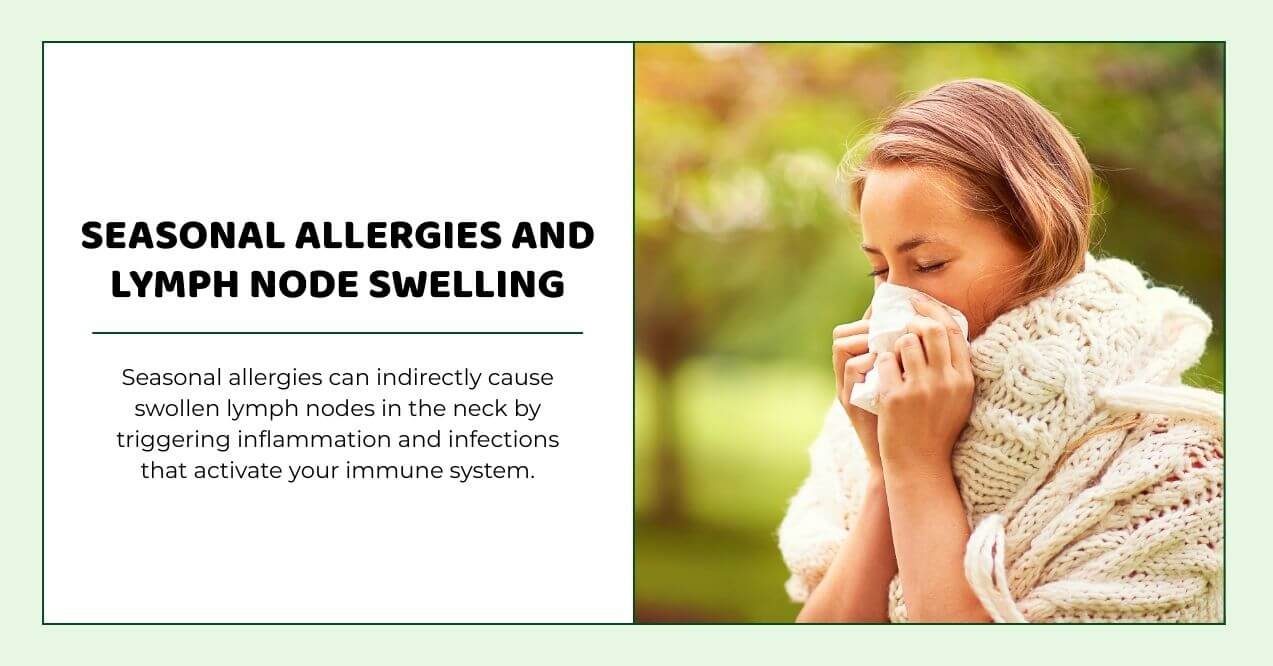
Can seasonal allergies cause swollen lymph nodes in neck areas? Yes, but often through indirect means. When seasonal allergies strike, they might:
- Make your nasal passages more susceptible to infection
- Trigger inflammation in your upper respiratory system
- Lead to increased mucus production
These effects may create an environment where infections develop more easily, potentially causing lymph nodes to swell as they fight off these secondary issues.
Pollen allergies, same as seasonal allergies, also known as hay fever, primarily affect your upper respiratory system. During pollen season, your body’s reaction to these tiny particles might trigger a chain of immune responses. While the neck and throat are common areas for swelling, immune activation can also affect other regions, including lymph nodes behind knee, especially if there’s systemic inflammation or an associated infection.
Food Allergies and Lymph Nodes
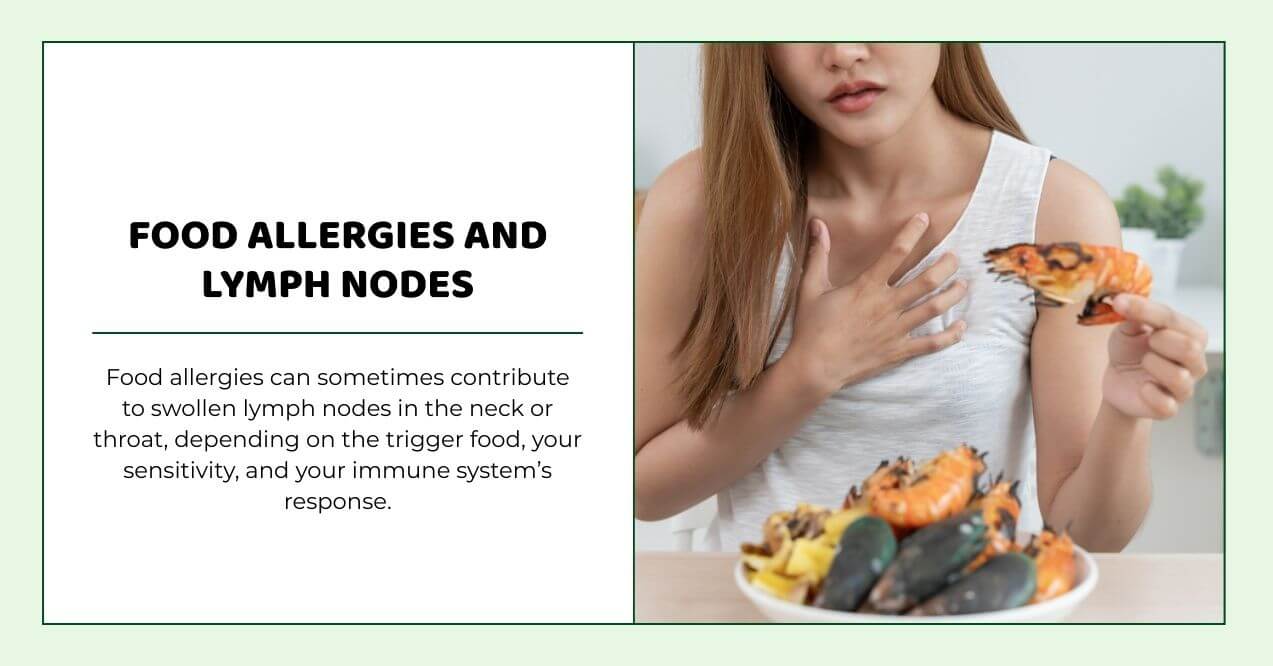
Food allergies affect your immune system differently than seasonal allergies. When you consume any of the worst foods for lymphatic system that trigger an allergic response, your body launches a defense reaction. This can lead to an answer to the question “Can allergies cause swollen lymph nodes?”, particularly in the neck and throat area.
The intensity of lymph node swelling varies based on:
- The specific food triggering the reaction
- Your sensitivity level
- How much of the food you consumed
- Your overall immune system status
Keeping a detailed food diary and noting any changes in your lymph nodes after meals may help identify specific triggers. This information is valuable for both managing symptoms and discussing concerns with your healthcare provider.
In addition to avoiding trigger foods, some people explore natural strategies to support immune and lymphatic health — such as using lemon peels to help with lymphatic drainage — to promote overall wellness and encourage proper lymphatic flow.
Sinus Infections Linked to Allergies
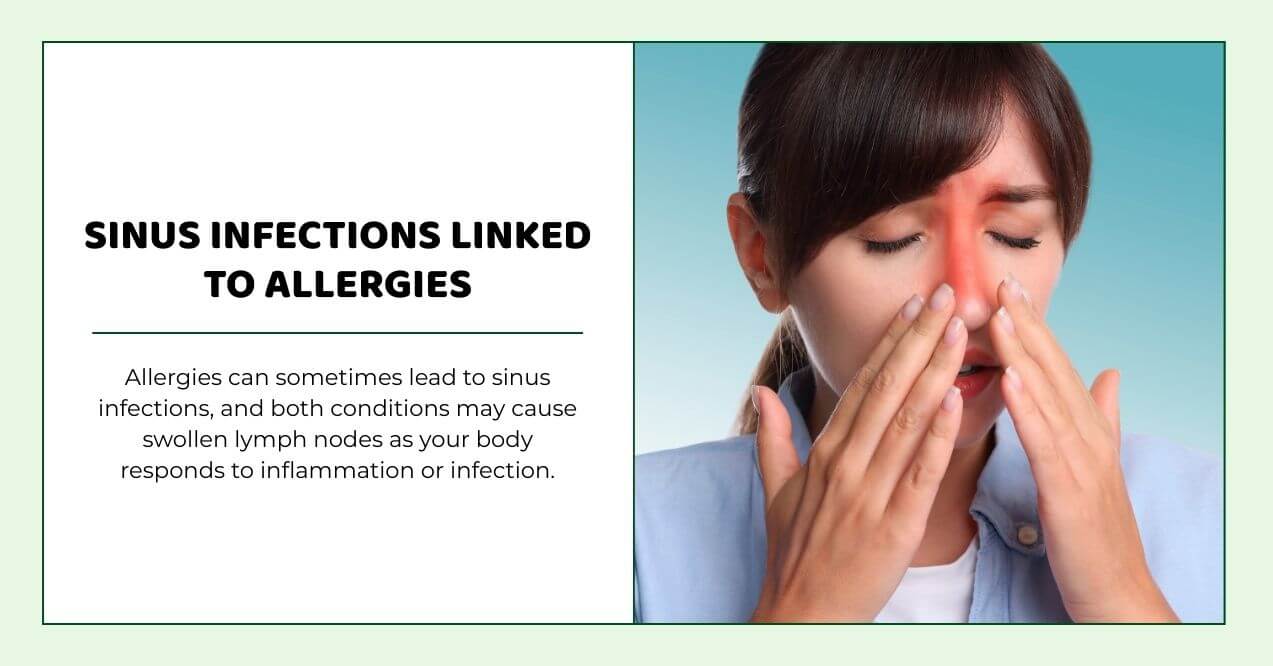
Sinus infections often develop as a complication of allergies. When allergies cause congestion and inflammation, bacteria might start to grow more easily in your sinuses. This explains why many people experience both swollen lymph nodes and sinus problems during allergy season.
Can mold cause swollen lymph nodes? Yes, exposure to mold can trigger allergic reactions and lead to sinus infections, potentially causing lymph nodes to swell as your body fights off the infection.
How to Ease Swollen Lymph Nodes at Home?
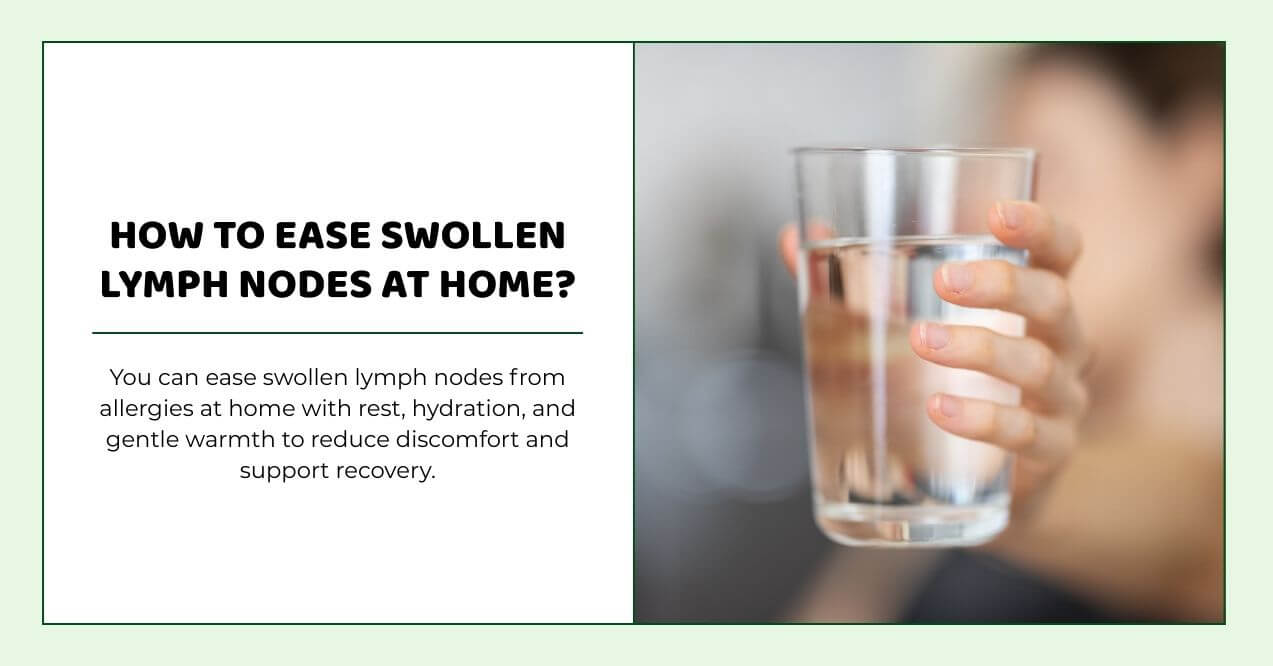
Learning the answer to can allergies cause swollen lymph nodes and how to treat swollen lymph nodes from allergies starts or even if only your one leg is swelling with simple yet effective home care techniques.
- Warmth: Apply a warm compress to the swollen area or take a warm shower to ease discomfort.
- Hydration: Drink water throughout the day and include herbal teas, while limiting caffeinated drinks that dehydrate.
- Rest: Focus on quality sleep and avoid activities that strain the neck and shoulders. Even small posture adjustments while reading or watching TV can reduce tension.
- These steps help your body recover while lowering stress on affected areas.
When to Seek Medical Help for Swollen Lymph Nodes
Contact your clinician if you notice any of the following:
- Nodes larger than a grape, steadily enlarging, or persisting >2 weeks
- Fever, night sweats, unexplained fatigue, or weight changes
- Breathing or swallowing difficulty, pronounced sore throat, or severe sinus pain
- Rapidly worsening tenderness, redness, or warmth over a node
A common question during flare-ups is “should i go to urgent care for swollen lymph nodes”—consider urgent evaluation if symptoms escalate quickly, breathing or swallowing is affected, or you feel acutely unwell.
During an exam, your provider may assess node size, tenderness, and location, review allergy history, and consider blood work or imaging to clarify the cause.
Lymphatic Support Supplements
For those seeking additional support for their lymphatic system, natural supplements for lymphatic drainage might complement these lifestyle measures. Lymph Go features a unique blend of traditional ingredients like echinacea, bromelain, and dandelion root, all included in the Lymph Go ingredients list. These botanicals have been traditionally used to promote healthy lymphatic flow and support natural detoxification.
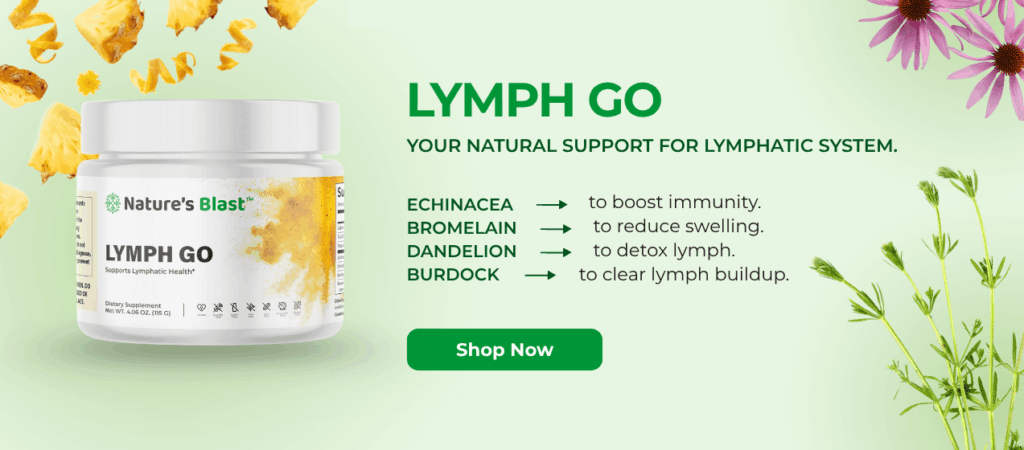
This natural supplement is a blend of traditional herbal ingredients commonly used in wellness practices combined with a scientific approach to wellnes.
Conclusion
So, can allergies cause swollen lymph nodes? Swollen lymph nodes might occur alongside allergies through various mechanisms. While allergies themselves may not directly cause lymph node swelling, they might create conditions that lead to swollen nodes. Understanding this connection helps you monitor your symptoms more effectively and know when to seek professional guidance.
Pay attention to how your body responds during allergy seasons and maintain open communication with your healthcare provider about any persistent or concerning symptoms. With proper attention and care, most cases of swollen lymph nodes related to allergies may be managed effectively at home.
Apply warm compresses to affected areas, stay well-hydrated with water and herbal teas, get adequate rest, and maintain good posture. Avoid straining your neck. If symptoms persist beyond two weeks, consult a healthcare provider.
While allergies rarely cause direct lymph node swelling, they can trigger immune responses that lead to enlarged nodes. The swelling often occurs when allergies create conditions for secondary infections in your respiratory system.
Mold exposure can trigger allergic reactions and respiratory infections, which may cause lymph nodes to swell as your body responds to these irritants. Long-term mold exposure might lead to chronic inflammation and persistent node swelling.
Seasonal allergies don’t directly cause swollen lymph nodes in the neck, but allergic reactions can sometimes trigger infections or inflammation. These secondary effects may lead to temporary swelling in nearby lymph nodes.
References
FAQ
References
